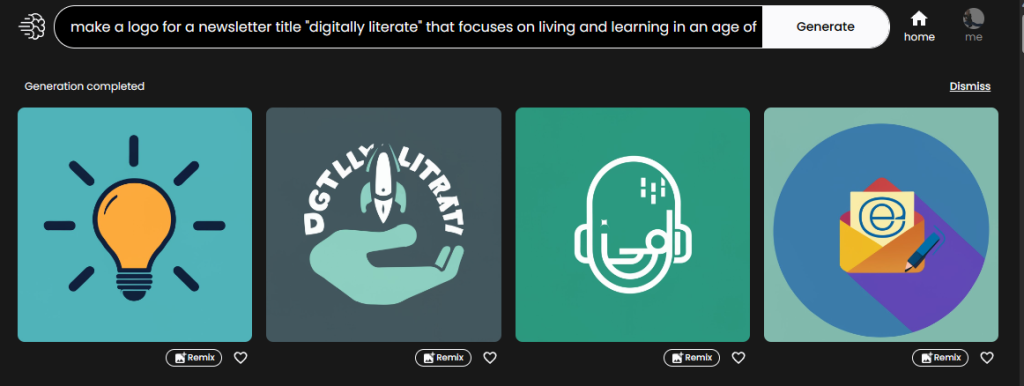DL 372
More Human Than Human
Welcome to Digitally Literate, issue #373. This week, I explored impactful topics at the intersection of technology, society, and the human experience.
🔖 Key Takeaways
- Debate & Substance: The internet's clout-driven culture reduces meaningful discussions to performances.
- Workplace Surveillance: Invasive monitoring technologies redefine the relationship between employer and employee.
- Charisma & AI: Can AI dissect and replicate the essence of human charisma?
- Memory & Learning: The brain’s systems for sorting memories may hold insights for AI and human adaptability.
📚 This Week’s Highlights
1. JuMBOs: A New Astronomical Discovery
In high-resolution imagery of the Orion Nebula, scientists discovered Jupiter Mass Binary Objects (JuMBOs)—a smaller class of gaseous objects. While brown dwarfs grow to about 13 times the mass of Jupiter, JuMBOs are as small as half Jupiter's mass and orbit each other at an incredible distance.
Why this matters: This discovery challenges our understanding of planetary formation and star systems. Learn more.
2. Workplace Surveillance & Little Tech
Workplace surveillance, exacerbated by the rise of remote work, increasingly relies on invasive technologies like employee monitoring software. Researchers Wilneida Negrón and Aiha Nguyen highlight the risks to privacy and collective organizing rights.
Why this matters: Technological creep threatens to transform workplace management into a tool of servitude. Explore the implications.
3. Charisma, Humanity & AI
Joe Zadeh explores the history and nature of charisma, breaking it down into measurable components. Charisma, tied to values, symbolism, and emotion, can have positive or negative societal effects.
Why this matters: If AI can replicate charisma, what are the ethical and societal consequences?
4. The Future of Memory
A recent study published in Nature Neuroscience proposes that the brain organizes memories by their future utility. This theory updates the understanding of the hippocampus and neocortex, which encode and integrate information for short- and long-term use.
Why this matters: Insights into memory organization could inform AI models designed for learning and adaptability.
5. AI Regulation: Focus on Impacts
The National Conference of State Legislatures’ primer on AI regulation offers accessible insights into governance. It stresses the importance of balancing innovation with societal safeguards.
Why this matters: Clear definitions and collective understanding are critical to adjusting for new and novel futures.
6. Visualization & Ideation with AI
Tools like Canva and Ideogram are transforming visual creativity, albeit imperfectly. While AI-generated text in images remains flawed, tools like these are evolving.

Why this matters: As AI visualization tools improve, they open new avenues for creative expression.
🌟 Closing Reflection
“No problem stays solved in a dynamic environment.”
— Russell Ackoff
Thank you for reading Digitally Literate. Stay tuned for more insights and discussions. Connect with me at hello@digitallyliterate.net or explore Newsletter Index for all past issues.